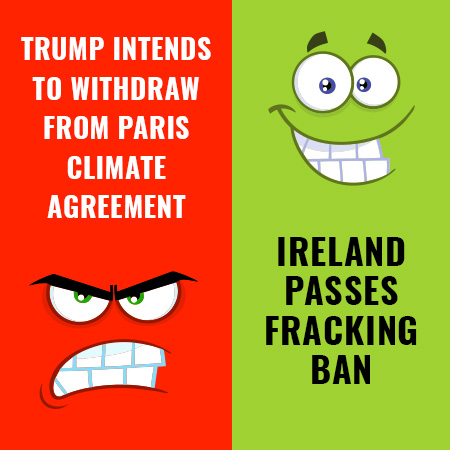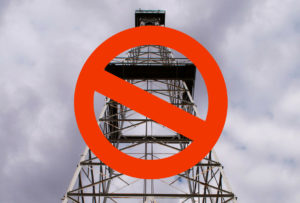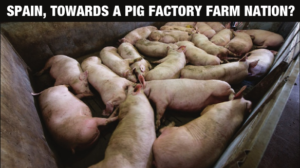It is a historic day on which one nation passes a ban on onshore fracking, while another nation intends to walk away from the Paris climate agreement.

Paris agreement withdrawal makes U.S. a rogue nation
In her statement, Wenonah Hauter, executive director of Food & Water Watch and Food & Water Europe, roundly condemns Trumps withdrawal from the global climate agreement:
“The Paris accord falls far short of the bold, decisive action needed to avert the most serious impacts of impending climate chaos – but it is certainly better than nothing. By choosing to walk away from the table, the United States effectively becomes a rogue nation when it comes to matters of climate change, human rights and global leadership in general. Mr. Trump’s foolish, belligerent decision to abdicate responsibility at the federal level now makes real action on climate at the state and local levels even more critical. For the sake of our planet and future generations, it is imperative that elected leaders at every rung of government – from the smallest town halls to the halls of Congress – do everything in their power to resist fossil fuels and help enable a clean energy revolution.”
Americans must do everything in their power to counteract Trump’s destructive plans, but action in other countries is now more important than ever. It might be a silver lining that on the very day the U.S. president disregards the first global accord to combat climate change, the Irish Dáil decides to forbid the production of hydrocarbons by fracking.



 On 24 and 25 May, U.S. president Donald Trump will travel to Brussels to take part in the NATO summit. We’ll be at a
On 24 and 25 May, U.S. president Donald Trump will travel to Brussels to take part in the NATO summit. We’ll be at a 

 I recently started an internship of six months at Food & Water Europe and I am the newest addition to the small international Brussels-based team. During my first week I got to know the team a little better, I was given a tour around the ecologically renovated office building Mundo-B (which we share with 60 other NGOs) and I was introduced to the many issues Food & Water Europe is working and campaigning on. There was (and still is) a lot of information to take in, not to mention the many acronyms involved: PCI’s, RES, CEF, SGC, TAP, ECI, etc.… But I can only be very grateful for the warm welcome I’ve received in this small Spanish-Austrian-German working family.
I recently started an internship of six months at Food & Water Europe and I am the newest addition to the small international Brussels-based team. During my first week I got to know the team a little better, I was given a tour around the ecologically renovated office building Mundo-B (which we share with 60 other NGOs) and I was introduced to the many issues Food & Water Europe is working and campaigning on. There was (and still is) a lot of information to take in, not to mention the many acronyms involved: PCI’s, RES, CEF, SGC, TAP, ECI, etc.… But I can only be very grateful for the warm welcome I’ve received in this small Spanish-Austrian-German working family.